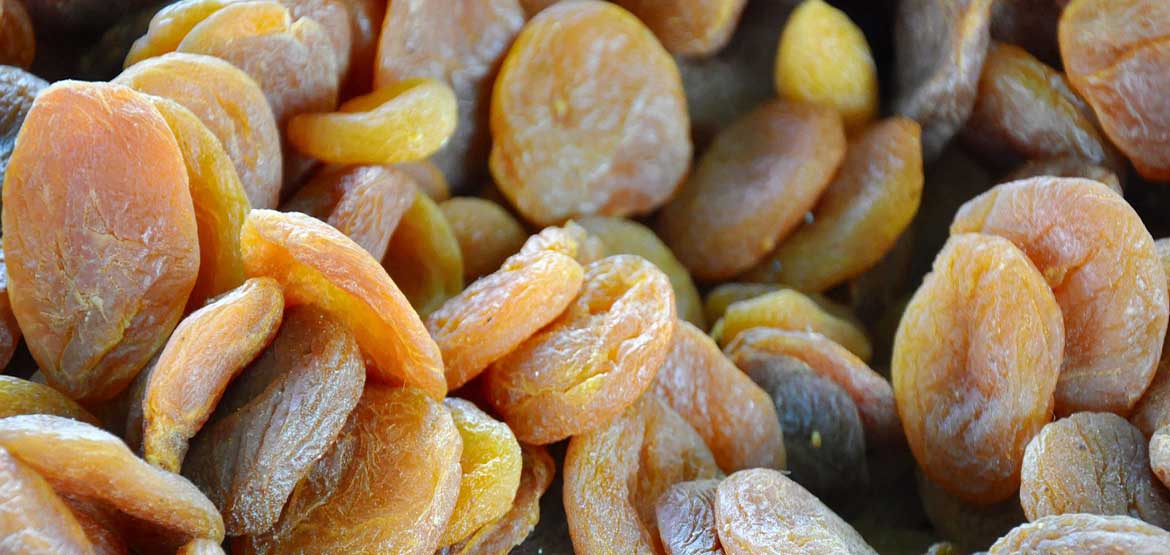-
×
 Medicool Pen Plus Diabetes Cooling Case
1 × $26.99
Medicool Pen Plus Diabetes Cooling Case
1 × $26.99
Current Research, Diabetes Learning Center, Diabetes Management, Diabetic Outlet Store, Diabetic Supplies, Diet, Glucose Test Strips
HIGH POTASSIUM DIETS MAY PROTECT KIDNEYS
Individuals with diabetes are at risk for kidney disfunction during the development of diabetes. There is a recent research that aims to explore new ways to address this disorder via dietary potassium.
Diet is one of the major risk factors for type 2 diabetes. Even when the blood glucose is well maintained a significant number of people with diabetes develop complications, of which one of them is damage to the kidney. When kidney damage occurs, the body is unable to excrete waste products. This often ends up with patients going through dialysis. Now there is new research suggesting that a diet high in potassium may help prevent the progression of kidney disease.
Many experts believe that controlling the diet is an essential part of diabetes treatment as well as management. Over the years, both the reduced calorie and low sodium diets have been shown to slow the rate of diabetes complications and make blood sugars more controllable. Today healthcare providers recommend a healthy, well-balanced diet with low salt, more vegetables and fruits.
In the last few years, the role of potassium in the body has become more apparent. Normal levels of potassium are essential for prevention of stroke and high blood pressure. However, the effects of potassium on the kidney in patients with diabetics is yet to be well known. Potassium is an essential mineral for normal functioning of many organs, including the heart. This electrolyte helps modulate nerve impulses, regulates muscle contraction and heart rhythm. It is also an important mineral for the maintenance of fluid balance and bone health in the body. One of the functions of the kidney is to regulate the level of potassium. Either too much or too little can be harmful to the body.
Higher Levels of Dietary Potassium Lower Risk of Heart & Kidney Problems
In the latest study conducted in Japan, researchers claim that diets rich in potassium have a protective effect on the kidney and the heart in individuals with type 2 diabetes. The researchers studied 623 Japanese patients with type 2 diabetes and followed them for an average of 11 years. During the study, they monitored urine samples for potassium and sodium, and also function of the heart and kidneys. They observed diabetic individuals who had high levels of potassium in the urine had a much lower risk of heart and kidney problems. No such association was noted with levels of sodium. These studies correlate with what is known about high levels of potassium and kidney function in normal people.
Results
Current practice of managing diabetic patients is to encourage a calorie restrictive diet which has low sodium and low potassium. However, based on this study increasing the level of potassium in the diet may help protect the heart and kidney. Consult your healthcare provider before making any changes in your dietary potassium because excessive levels of potassium in blood can be very dangerous.
Foods Rich in Potassium
Adequate potassium intake is usually accomplished by eating a variety of foods such as yam, parsley, dried apricots, dried milk, chocolate, all nuts (especially almonds and pistachios), potatoes, bamboo shoots, bananas, avocados, coconut water, soybeans, and apricots. Dried apricots have the highest concentration of potassium per calorie of any food.

